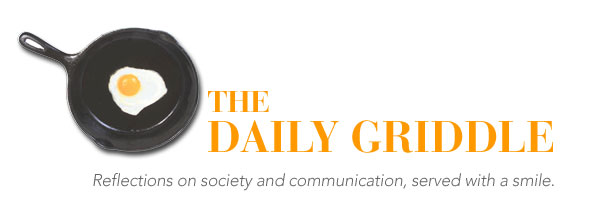 "The law of love could be best understood and learned through little children." --Mahatma Gandhi
"The law of love could be best understood and learned through little children." --Mahatma GandhiThis week in his Macleans blog, Andrew Potter posed the questions "What percentage of your income do you give to charity, and why?"
He cited some figures: According to the Fraser Institute's yearly study comparing generosity in Canada and the US, 24.0 percent of Canadians give to charity each year, and we give, on aggregate, 0.73 percent of our personal income. We are much less generous than our neighbours to the south.
When I reflect on what our family gives, at 1.4 percent of our income (and since my husband and I mainly work for charities, our income is likely lower than it would be in the for-profit world), I generally feel satisfied that we are doing our part. Possibly even smugly so. But the stats out of the US are shaming-- in Utah, for example, residents give 3.66 percent of their aggregate incomes to charity. Are we really so noble?
I was recently taught an important lesson on generosity, courtesy of my eldest son Lucas, who is seven. (Yes, this is a proud mother launching into brag mode. Indulge me.) Each week we have given him $1 for discretionary spending, plus $1 for savings and $1 for "helping kids who need it," the phrase he coined when we first explained charity to him. In September we decided to increase his spending money to $3, in recognition of some new responsibilities. But he has never accepted this. Each week he resolutely puts the extra money in his "helping kids" jar, and each week I gently remind him that he is not obliged to do this, that the extra money is for him. He had trouble articulating why he wouldn't accept the extra money until last week. "I NEVER can put more money in my spending jar than in my helping kids jar," he said. "Those kids need food and medicine more than I need Hot Wheels, right?" The logic, and love, of my darling boy is impossible to refute.
So, this year, in honour of the many people we cherish, our family has substantially increased our annual gift to UNICEF to assist children affected by HIV/AIDS. To be honest, it's a dollar value that makes me gulp, and as I filled out the online form, I truly did hesitate. But then I thought about the lesson taught to me by my son's loving heart. We are blessed, and so we give.

















